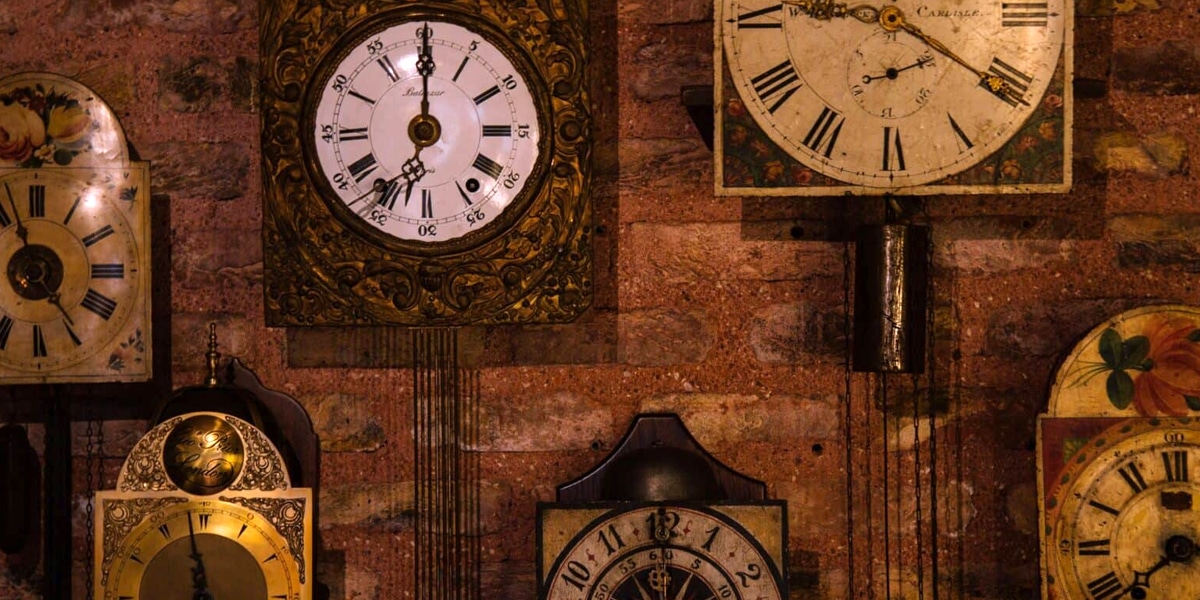“Do you floss faithfully?” my dental hygienist asks, knowing I have fallen off the floss wagon again. I leave the dentist’s office with my new toothbrush, dental floss, and sincere flossing intentions. I floss for about a week and then stop.
I am like the 100 million Americans who make New Year’s resolutions: 80 percent don’t keep them. Why can’t I stick to my doctor’s and dentist’s orders?
Faithfulness to the “in-between time” is critical for both medical and spiritual health. Good habits, disciplines, and routines keep us in good shape. The value of habits, such as eating right and prayer, calls us to daily work. They seem insignificant, but they are the reason we can celebrate feasts and good health.
I compare my medical life to the liturgical seasons of the Church. The big feasts are going to my doctor, dentist, or a routine medical test. Lent is the time before medical tests. Good Friday is when I get a tough diagnosis. When I finish my annual physical, it’s Easter for me!
Ordinary Time
Ordinary Time is important because it is the middle work—our compliance to medical and spiritual duties—that is critical preparation to make the bigger feasts happen. The feasts may get all the attention, but my faithfulness to the tedious work of this time goes hand in hand with happy, holy moments.
Ordinary Time encompasses that part of the liturgical year that does not fall within the seasons of Advent, Christmas, Lent, or Easter. The Catholic Church celebrates two periods of the year as Ordinary Time. It can last up to 34 weeks, depending on where the feasts fall.
The first period begins after the feast of the Baptism of the Lord has ended until the Tuesday evening before Ash Wednesday. The second period of Ordinary Time runs from the Monday after Pentecost until Evening Prayer is said the night before Advent begins. This includes Christ the King Sunday—the final Sunday of Ordinary Time.
Not So Ordinary
Ordinary Time isn’t ordinary. It celebrates “the mystery of Christ in all its aspects.”
The “stuff in the middle” is important if we try to be good stewards of our bodies and souls. The humdrum middle should be celebrated. When people are honored for 25 years on a job, or being married for decades, we are really celebrating their faithful time in the midst of life.
The stuff of our Ordinary Time is challenging. Like the white stuff in Oreo cookies, or the middle pieces of a good loaf of bread, it is simply a part of the whole. There can be no extraordinary feasts like Easter or Christmas—or a good diagnosis—without our work of Ordinary Time. Blessed be the middle!
Handy Tips
- Let the green liturgical color call you to your medical and spiritual duties.
- Remember that an anniversary or retirement celebrates ordinary faithfulness.
- Acknowledge that if you stop your duties, you can start them again anytime.
Next Month: God Bless Parish Nurses








